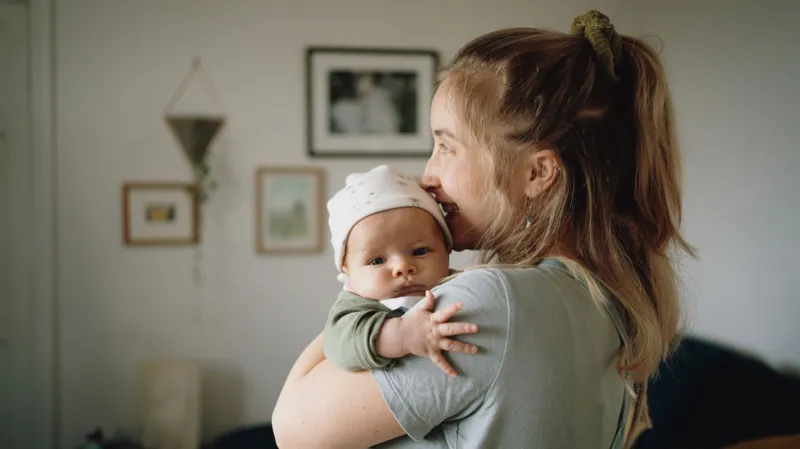Family Hubs to Be Established in Every English Council
In a significant move to bolster support for families across England, the government has announced a nationwide rollout of “Best Start” family hubs. This ambitious initiative, backed by a £500 million investment, aims to establish a presence in every local authority by April 2026, with plans to expand to up to 1,000 hubs by the end of 2028. The program is designed to provide a comprehensive range of services, targeting support for approximately 500,000 more children, particularly those in the most disadvantaged areas.
Education Secretary Bridget Phillipson has championed the “Best Start” family hubs, describing them as a crucial “lifeline” for families. The initiative seeks to address disparities by providing essential resources and support from the earliest stages of childhood. These hubs are envisioned as central points for accessing a wide array of services, intended to create a stronger foundation for children’s future achievements and well-being.
The concept of family hubs is not entirely new in England. It harks back to the “Sure Start” centers introduced by the New Labour government in the early 2000s. These centers focused on early education, childcare, and health advice for young families. However, many of these facilities faced significant funding cuts after 2010, leading to their closure or reduced capacity.
The current government, under Prime Minister Rishi Sunak, had previously initiated a rollout of 400 new family hubs across 75 local authorities last year. This latest announcement represents a significant expansion and a commitment to universal coverage across all local authorities in England.
The expanded family hubs will offer a broad spectrum of services tailored to meet diverse family needs. These include administrative support such as birth registration, essential health services like midwifery support, and crucial assistance with financial matters, including debt advice. Furthermore, the hubs will provide community-focused activities such as youth clubs, aiming to foster a supportive environment for all family members.
Officials emphasize that these hubs will serve as vital access points, connecting families not only to the direct services offered but also to other community resources and social care provisions. The overarching goal is to create a seamless support network that is easily accessible to all.
Ms. Phillipson articulated the government’s core mission: “It’s the driving mission of this government to break the link between a child’s background and what they go on to achieve – our new ‘Best Start’ family hubs will put the first building blocks of better life chances in place for more children.” This statement underscores the policy’s focus on leveling the playing field and ensuring that every child has the opportunity to succeed, regardless of their starting circumstances.
However, the announcement has also drawn scrutiny. Shadow Education Secretary Laura Trott has questioned the substantive newness of the offerings, suggesting that the plan may involve rebranding existing services rather than introducing entirely novel ones. She commented, “This is a government defined by broken promises and endless U-turns,” implying a potential lack of genuine innovation and a pattern of reusing old initiatives.
The charity Save the Children has expressed support for the initiative. Dan Paskins, executive director of policy, advocacy and campaigns at Save The Children UK, stated, “We know from our work in local communities that bringing together parenting, healthcare and education support services in one place is an approach which works, so we are pleased to see the UK government making it easier for families to get the help they need.” This endorsement highlights the recognized value of integrated support services in community settings.

